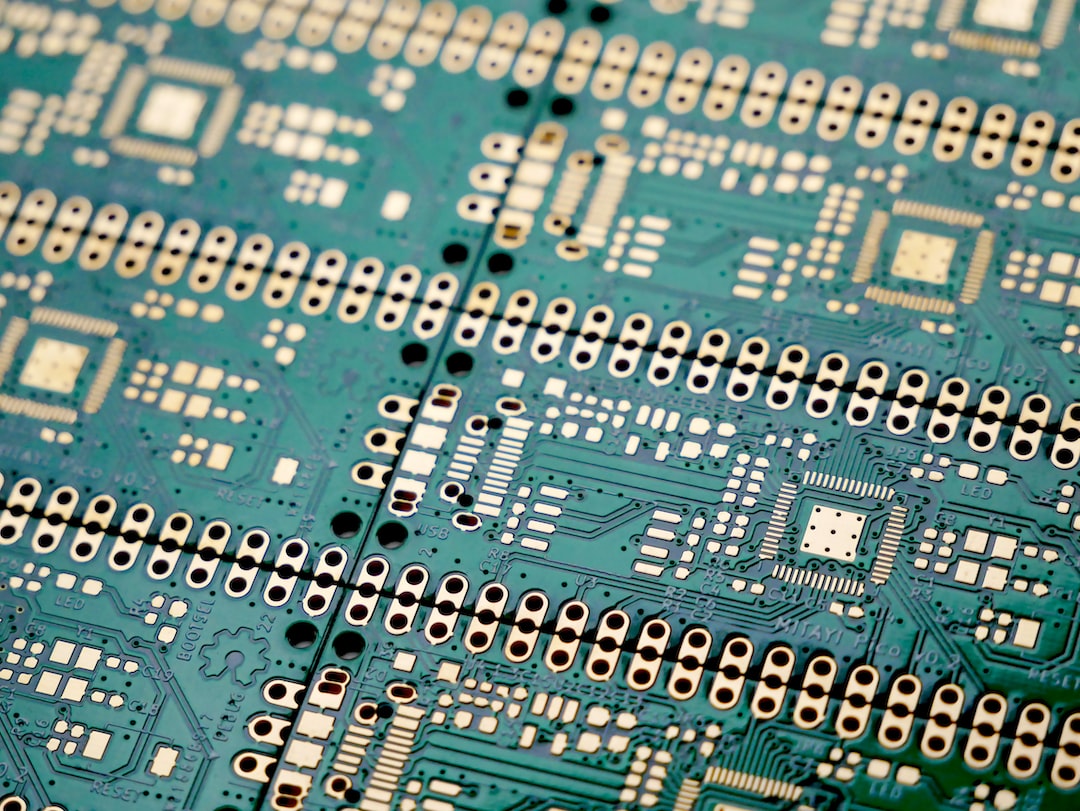The Future of Manufacturing: Trends to Watch
In the rapidly evolving landscape of technology and innovation, manufacturing is no exception. The industry has undergone significant transformations over the years, and the future holds even more exciting possibilities. From automation and artificial intelligence to sustainability and customization, there are several trends to watch that will shape the future of manufacturing.
1. Automation and Artificial Intelligence (AI): As technology advances, automation and AI are redefining how manufacturing processes are carried out. Robots and intelligent machines are increasingly performing tasks that previously required human intervention. This not only improves efficiency and productivity but also creates safer working environments. Automation also paves the way for more precise manufacturing, with reduced errors and increased output levels.
2. Internet of Things (IoT): The IoT revolution has already begun, and its impact on manufacturing is undeniable. The ability to connect machines, devices, and sensors through a network enables real-time data gathering and analysis. This allows manufacturers to monitor their operations, track inventory levels, optimize maintenance schedules, and improve overall production efficiency. IoT also enables predictive maintenance, which helps prevent downtime and increase machine lifespan.
3. Additive Manufacturing (3D Printing): 3D printing is revolutionizing the way products are designed and manufactured. This technology enables the creation of complex and customized parts with reduced waste, lower costs, and faster production times. It offers flexibility and agility, allowing manufacturers to respond more swiftly to market demands. The potential applications of 3D printing are vast, from aerospace to healthcare, making it a trend to watch closely.
4. Sustainability and Eco-friendly Manufacturing: With increasing awareness of environmental issues, sustainability has become a priority for many industries, including manufacturing. From reducing waste and energy consumption to implementing green technologies and materials, manufacturers are adopting eco-friendly practices. This not only contributes to a greener future but also improves brand reputation and attracts environmentally conscious consumers.
5. Digital Twins: Digital twin technology involves creating a virtual replica of physical objects or systems. In the manufacturing sector, this enables a better understanding of the entire production process, from design to maintenance. Manufacturers can simulate various scenarios, optimize workflows, and identify potential bottlenecks before they arise. This technology improves efficiency, reduces costs, and minimizes the risk of errors, making it a trend to watch in the future.
6. Customization and Personalization: The rise of e-commerce and changing consumer expectations have fueled the demand for personalized products. Manufacturers are embracing technologies that enable customization, such as advanced data analytics, AI, and 3D printing. By offering tailored products and experiences, manufacturers can enhance customer satisfaction and gain a competitive edge in the market.
7. Augmented Reality (AR) and Virtual Reality (VR): AR and VR technologies are finding their way into the manufacturing industry, transforming various aspects of the production process. Manufacturers can use AR and VR to train employees, simulate complex tasks, and streamline manufacturing operations. This technology enhances productivity, reduces errors, and improves overall efficiency, making it an exciting trend for the future.
8. Reshoring and Regionalization: The COVID-19 pandemic exposed vulnerabilities in global supply chains, leading to a growing trend of reshoring and regionalization. Companies are reconsidering their manufacturing strategies, opting for more localized production to mitigate risks and guarantee a stable supply of goods. Additionally, rising labor costs in traditionally low-cost manufacturing countries are driving this trend. The future of manufacturing will witness a balance between global reach and localized production.
In conclusion, the future of manufacturing is filled with exciting trends that will transform the industry. Automation, AI, IoT, 3D printing, sustainability, digital twins, customization, AR/VR, and reshoring are just a few of the trends to watch. Rapid advancements in technology, coupled with changing consumer demands and environmental concerns, are reshaping the manufacturing landscape. Businesses that embrace these trends early on will be better positioned to thrive in the future as the industry continues to evolve.

